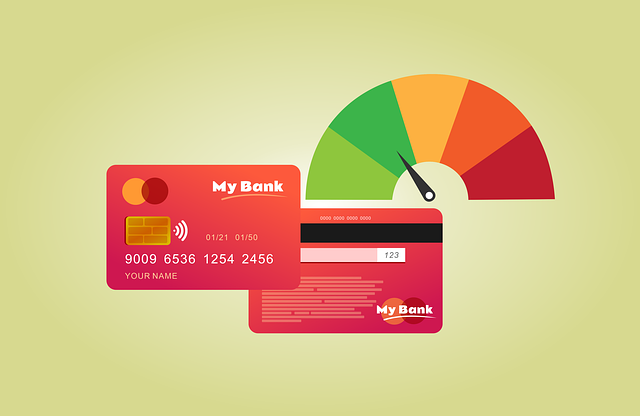Missing repayments on a Texas Title Loan can lead to vehicle repossession and severe financial strain. Higher interest rates for individuals with bad credit or lower vehicle valuations exacerbate the risk. Understanding lender consequences, including potential mitigation options like extended terms or loan modifications, is crucial to avoiding default outcomes like legal action and recovery losses.
In Texas, understanding the implications of defaulting on a title loan is crucial for borrowers. This article delves into the intricate details surrounding these financial obligations, specifically focusing on how long default consequences can last. We explore the legal framework, potential financial repercussions, and recovery options available to Texans facing title loan defaults. By grasping these factors, borrowers can make informed decisions and navigate the process effectively.
- Understanding Texas Title Loan Default Laws
- Potential Financial Impacts of Default
- Recovering from a Defaulted Title Loan in Texas
Understanding Texas Title Loan Default Laws

In Texas, understanding the default consequences associated with title loans is essential for borrowers seeking short-term financial solutions. When a borrower fails to repay their Car Title Loan (or Texas Title Loan) according to the agreed-upon terms, it triggers a series of legal actions. The lender will typically initiate the process by notifying the borrower about the missed payment and providing them with an opportunity to resolve the default. If the borrower does not cure the default within the specified timeframe, the lender can proceed with repossession of the secured asset, which is usually the vehicle used as collateral for the loan.
The duration of these default consequences varies based on several factors, including the original loan terms and state regulations. For Texas Title Loans, the effects can last until the borrower repays the full outstanding balance, including any accrued interest and fees. Additionally, a bad credit history or poor vehicle valuation doesn’t necessarily bar individuals from applying for these loans; instead, it may result in higher-than-average interest rates to compensate for the increased risk.
Potential Financial Impacts of Default

When a borrower defaults on a Texas title loan, it can have significant financial implications. The immediate effect is often the repossession of the secured asset, typically the borrower’s vehicle. This means they lose not only the use of their car but also the equity they had built up in it. The lender has the right to sell the vehicle to recover the outstanding loan balance, which can result in substantial financial losses for the borrower.
Additionally, defaulting on a title loan can lead to various fees and penalties, further exacerbating the financial strain. These fees include repossession costs, storage fees, and potential legal expenses. Moreover, a poor credit score is another long-term consequence, making it harder for borrowers to access credit or obtain favorable loan terms in the future. This cycle of debt can be challenging to break, especially for those relying on quick funding solutions like Texas title loans, as they may need to turn to similar options again due to limited savings and income opportunities.
Recovering from a Defaulted Title Loan in Texas

Recovering from a defaulted Texas title loan can seem daunting, but it’s not insurmountable. The first step is to understand that default consequences vary depending on the lender and the specific terms of the loan agreement. In Texas, lenders typically have a range of options, from repossession of the secured asset (often the vehicle used as collateral) to legal action to recover the outstanding balance.
However, there are ways to mitigate these consequences. Many lenders in Texas offer payment plans tailored to help borrowers get back on track. Keeping your vehicle and avoiding repossession can be possible if you communicate openly with your lender about your financial situation. Even in the case of motorcycle title loans or other secured loans, it’s crucial to explore options like extended repayment terms or loan modifications before facing severe default outcomes.
In Texas, the default consequences for title loans can have significant financial impacts, including repossession and legal action. Understanding these consequences and taking proactive steps to avoid them is crucial for borrowers. While the process of recovering from a defaulted title loan can be challenging, there are avenues to explore, such as renegotiating terms or seeking assistance from consumer protection agencies. By being informed and adhering to loan agreements, individuals can navigate these complexities and potentially mitigate long-term effects associated with Texas title loan default consequences.






